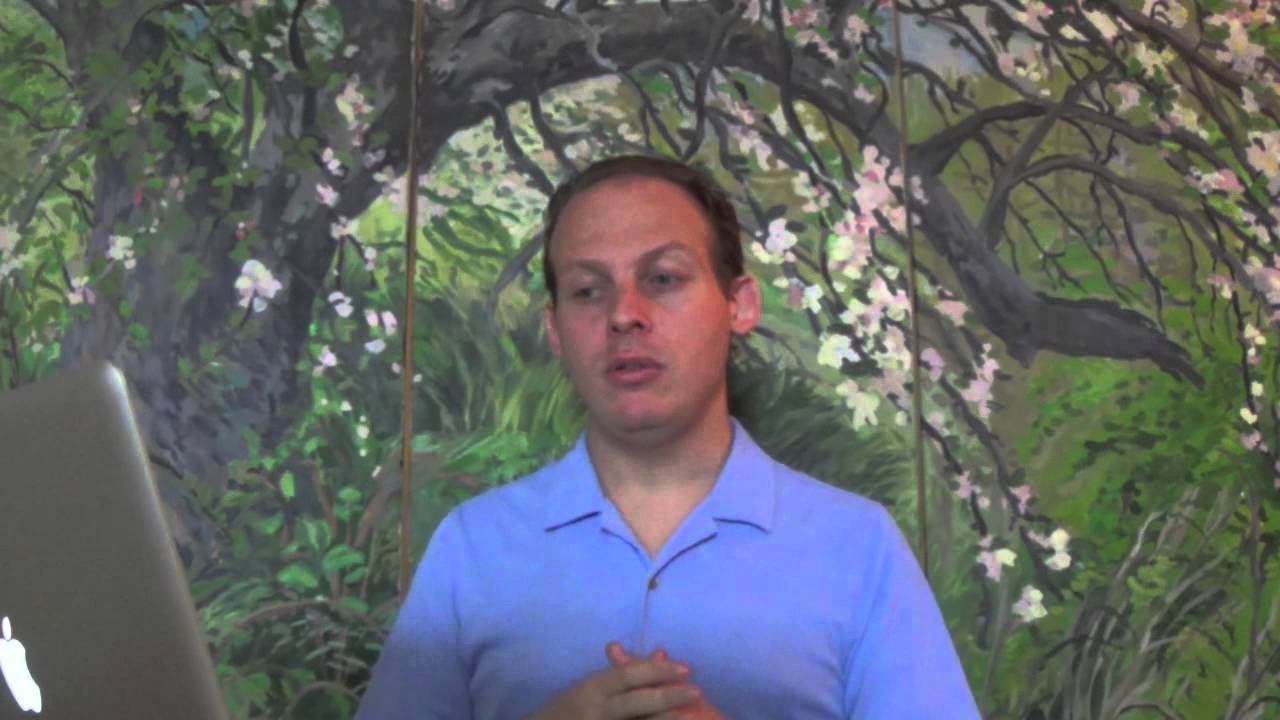On page SEO tutorial with tips and strategies for keywords, title and description meta tags
Search Engine Optimization Tips
On page SEO tutorial with tips and strategies for keywords, title and description meta tags.
For more of my work, check out http://www.problemio.com
On page SEO is extremely important, and should be done before you do any off page SEO. On page SEO includes:
1) Figuring out your keywords
2) Creating high quality content
3) Interlinking and keyword optimizing your blog posts
Keyword research is very important for on site SEO, and all SEO truly starts there because if you don’t choose your keywords correctly, your site just won’t rank in Google. Or it might rank in Google for some keywords that will bring traffic which won’t convert to paying customers.
Once you do your keyword research and figure out what keywords you need your site to rank for, the next step is to begin creating content. Each page of content should target some SEO phrase or keywords that you want to rank for. You should write content regularly, with a strong focus on quality.
As you create content on a regular publishing schedule, you should also cross-link your content. That should strengthen your pages in terms of SEO.
If you do these things well, you should have a solid on site SEO strategy. If you want to learn more about SEO, take my full SEO course:
https://www.udemy.com/seo-with-google-other-large-platforms-to-get-great-scale/
Let’s discuss on page SEO in some detail. The first thing people ask about is whether you should stuff keywords. Of course you should not stuff keywords, but you should also not avoid keywords all together. Keywords are extremely important when it comes to on page SEO because the keywords you use on your page are the keywords that you essentially tell Google that you want to rank for, and that your page is about. The trick is to use just the right amount of keywords so that your content isn’t just about keywords, but is actually helpful to people. If you write the content of your page in a manner that is meant to be helpful and informative for readers about some topic, you will naturally have the right amount of correct keywords within your content. Google wants that. Google has to make sure that first and foremost, the content on your page is good for the people who search. If it is, then Google will show your page before others in search results because it will make Google look good since it presented a good page to the people who are searching.
There is a concept of keyword density. Keyword density helps to measure what is the correct amount of keywords you should have in your content. Between 3-7% keyword density is probably ideal because it is dense enough that Google knows that this is what your page is about without being too dense.
Another point I want to make when it comes to on page SEO is that many beginner SEO marketers and business owners neglect the title and description metatags. You have 70 characters for your title meta tag, and 140 characters for your description meta tag. Make sure you add relevant keywords to those meta tags because the keywords there go a long way to helping your page rank.
Lastly i want to talk about the importance of making sure that the pages on your site are interlinked where it makes sense to do that.
Best way to create your website: WordPress vs. Squarespace vs. Weebly:
Inbound marketing tutorial:
SEO and social media:
Off page SEO tutorial:
How to get Google traffic:
How to start a successful YouTube channel:
https://www.youtube.com/watch?v=NqbElmFXZa8
Blog commenting for SEO:
Content marketing:
SEO social signals and engagement signals:
Introduction to SEO:
Marketing strategies course:
Marketing strategy book to reach 1,000,000 people:
SEO history:
Blogging, SEO & social media – how to use your blog as a part of your social media marketing strategy:
SEO keyword research comparing long tail keywords and short tail keywords
SEO for new websites:
Non Google SEO: rank in Amazon, app stores, Yelp and eBay
On page SEO tutorial with tips and strategies for keywords, title and description meta tags.
For more of my work, check out http://www.problemio.com
On page SEO is extremely important, and should be done before you do any off page SEO. On page SEO includes:
1) Figuring out your keywords
2) Creating high quality content
3) Interlinking and keyword optimizing your blog posts
Keyword research is very important for on site SEO, and all SEO truly starts there because if you don’t choose your keywords correctly, your site just won’t rank in Google. Or it might rank in Google for some keywords that will bring traffic which won’t convert to paying customers.
Once you do your keyword research and figure out what keywords you need your site to rank for, the next step is to begin creating content. Each page of content should target some SEO phrase or keywords that you want to rank for. You should write content regularly, with a strong focus on quality.
As you create content on a regular publishing schedule, you should also cross-link your content. That should strengthen your pages in terms of SEO.
If you do these things well, you should have a solid on site SEO strategy. If you want to learn more about SEO, take my full SEO course:
https://www.udemy.com/seo-with-google-other-large-platforms-to-get-great-scale/
Let’s discuss on page SEO in some detail. The first thing people ask about is whether you should stuff keywords. Of course you should not stuff keywords, but you should also not avoid keywords all together. Keywords are extremely important when it comes to on page SEO because the keywords you use on your page are the keywords that you essentially tell Google that you want to rank for, and that your page is about. The trick is to use just the right amount of keywords so that your content isn’t just about keywords, but is actually helpful to people. If you write the content of your page in a manner that is meant to be helpful and informative for readers about some topic, you will naturally have the right amount of correct keywords within your content. Google wants that. Google has to make sure that first and foremost, the content on your page is good for the people who search. If it is, then Google will show your page before others in search results because it will make Google look good since it presented a good page to the people who are searching.
There is a concept of keyword density. Keyword density helps to measure what is the correct amount of keywords you should have in your content. Between 3-7% keyword density is probably ideal because it is dense enough that Google knows that this is what your page is about without being too dense.
Another point I want to make when it comes to on page SEO is that many beginner SEO marketers and business owners neglect the title and description metatags. You have 70 characters for your title meta tag, and 140 characters for your description meta tag. Make sure you add relevant keywords to those meta tags because the keywords there go a long way to helping your page rank.
Lastly i want to talk about the importance of making sure that the pages on your site are interlinked where it makes sense to do that.
Best way to create your website: WordPress vs. Squarespace vs. Weebly:
Inbound marketing tutorial:
SEO and social media:
Off page SEO tutorial:
How to get Google traffic:
How to start a successful YouTube channel:
https://www.youtube.com/watch?v=NqbElmFXZa8
Blog commenting for SEO:
Content marketing:
SEO social signals and engagement signals:
Introduction to SEO:
Marketing strategies course:
Marketing strategy book to reach 1,000,000 people:
SEO history:
Blogging, SEO & social media – how to use your blog as a part of your social media marketing strategy:
SEO keyword research comparing long tail keywords and short tail keywords
SEO for new websites:
Non Google SEO: rank in Amazon, app stores, Yelp and eBay
source

